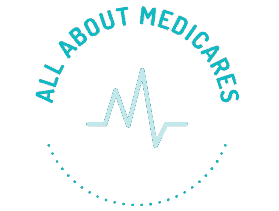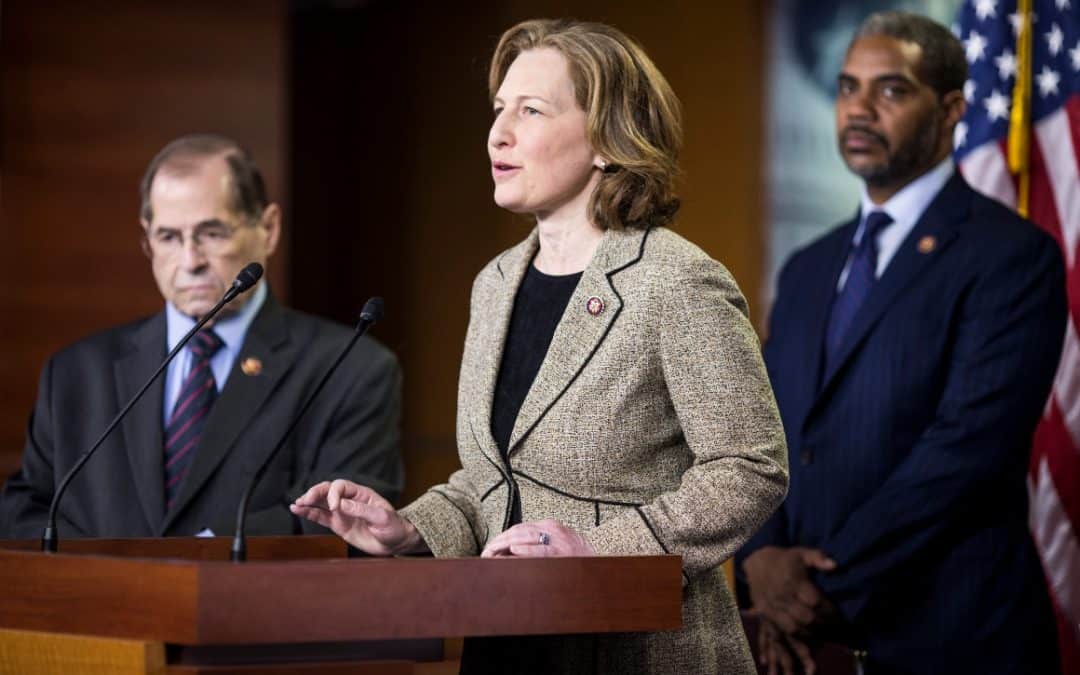“A pandemic is not the time to be cutting access to doctors for patients on Medicare,” Kim Schrier, (D-Wash.) who introduced the bill along with Steven Horsford (D-Nev.), said in a statement. “This legislation will bring some stability to the Medicare payment system to ensure patients can keep seeing their doctors. And doctors, who have been on the frontlines during this pandemic, can continue to keep their doors open.”
Medicare providers have been pressing Congress all year to come up with a solution — an effort that went into overdrive after lawmakers failed to include any fix in the short-term funding bill approved late last week.
Doctors could see Medicare payments decline nearly 10 percent, and hospitals 6 percent, if Congress doesn’t act by the end of the year.
Although there is precedent for handling these kinds of extenders early in the new year, “you obviously want to avoid that,” said Chip Kahn, the leader of the Federation of American Hospitals.
If Congress doesn’t act: There is a 2 percent Medicare payment cut created under sequestration that was deferred by Congress last year. There is also a 4 percent cut to Medicare payments as a result of a so-called pay-as-you-go law triggered by spending above a certain level, which was set off by the $1.9 trillion pandemic relief package, H.R. 1319 (117), passed earlier this year.
Physicians are also facing the elimination of a 3.75 percent Medicare payment bump that was extended last year and expires at the end of the year.
What’s in the bill: Among the top-line items in the bill are a moratorium on the 2 percent sequester cut through the end of March. A 1 percent cut would then be in effect through the end of June. The bill also includes a 3 percent Medicare payment boost for doctors, rather than extending the full 3.75 percent bump.
The bill would delay the 4 percent PAYGO cut until 2023. It also includes delaying Medicare cuts in the laboratory space as well as the implementation of the Medicare radiation oncology model for one year.
What’s next: The House Rules Committee is meeting to discuss the stand-alone legislation. The House could vote on the bill as early as Tuesday afternoon, according to two senior congressional aides.
The money at stake: The Coalition to Protect America’s Health Care, made up of hospital groups, told congressional leadership last week that a failure to act would result in more than $14 billion in total Medicare payment cuts to hospitals in 2022.
CORRECTION: A previous version of this report misstated the scope of the bill. The legislation would also halt the 4 percent PAYGO cut, delaying it until 2023.
This content was originally published here.

I bring content to you in one place.

